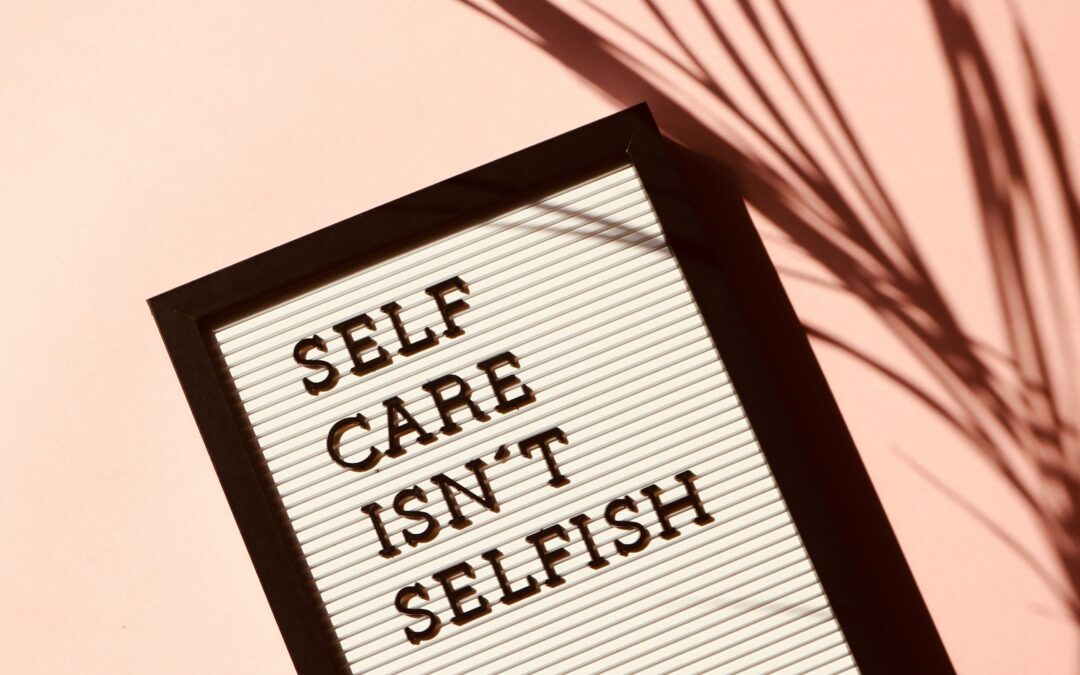So many of us have questions and concerns about our mental health. Countless events and circumstances can contribute to how we’re doing. For example, the ongoing pandemic has led to substantial increases in anxiety and depression levels. Perhaps you’ve noticed this in your own life.
Of course, depression, anxiety, attachment issues, bipolar disorder, PTSD, and similar struggles have existed long before the pandemic began. If you’ve lived with any of these for some time, you’re familiar with how overwhelming it can be.
You may feel you’re missing out on the best parts of life because of your depression or anxiety. Or OCD makes it impossible for you to relax or feel at peace.
PTSD may keep you isolated and fearful. You may not feel you’re having any huge issues but know that if you don’t tend to your emotional needs, you may fall into depression.
If you’re tired of living like this, chances are that you want to take charge of your mental health. But you may not know where to start. Fortunately, it doesn’t have to be complicated or hard.
Self-Awareness
If you’re already thinking about what it means to take charge of your mental health, you’re in a good spot to do just that. Set aside some quiet time to reflect on what your moods and life have been like in the last several months. Many people find it helpful to write down these observances during the process.
Do you notice any patterns in your moods? Was there a particular time when your anxiety or sadness became worse? Maybe you fall back upon unhealthy coping mechanisms such as substance abuse, compulsive eating, or shopping sprees when under stress. Take note of these.
Self-Care
Taking charge of your mental health can look a lot like taking good care of yourself at all levels: emotional, mental, social, and physical. This is because all aspects of your body and life are tightly interwoven, although this fact can often be overlooked.
You can nurture your mental health through the use of healthy coping and self-care skills. Many people find the following very helpful:
- Mindfulness meditation and deep breathing.
- Regular exercise, whether it’s a peaceful walk or energetic run.
- Doing what brings you joy, whether it’s playing with your dogs, watching a comedy, or trying a new recipe.
- Staying connected with friends and family, even through texts, videochats, and phone calls.
- Replacing negative thinking with positive thinking; with practice, it can be done.
- Helping others, even in small ways such as getting groceries for an elderly friend or driving a neighbor’s children to school
- Eating healthfully and avoiding substances.
- Bringing more peace and calm into daily life; turn off your devices, reduce the commitments that you can, and nurture coziness in your home.
- Seeking support when overwhelmed.
- Self-care rituals such as daily reflective readings, long baths, or listening to relaxing music or guided meditations.
- Limiting your exposure to anxiety-provoking newscasts and media.
Therapy
If you’re concerned about your mental health, you’re probably wondering when it’s time to see a counselor. While it may sound counterintuitive to rely upon someone else to help you take charge, the opposite is actually true.
The beauty of counseling is that it is designed to empower you and help you move forward into your life.
When you’re sunk into depression or living in constant anxiety, taking charge may seem impossible. But you can still take charge by reaching out to a therapist. As you work together, you’ll process issues that may be keeping you stuck. You’ll build your coping skills and focus on areas in your life that need to be addressed. This is one of the most effective ways to take charge of your mental health.
If you’re ready to take this step, call or email my office to start your journey.


 I’m Olja Haglund, a licensed master social worker (LMSW) and certified advanced alcohol and drug counselor (CAADC) in Grand Rapids, MI. I partner with clients to achieve specific goals, make changes, and develop coping skills that make life easier to live authentically.
I’m Olja Haglund, a licensed master social worker (LMSW) and certified advanced alcohol and drug counselor (CAADC) in Grand Rapids, MI. I partner with clients to achieve specific goals, make changes, and develop coping skills that make life easier to live authentically.